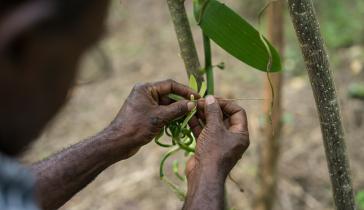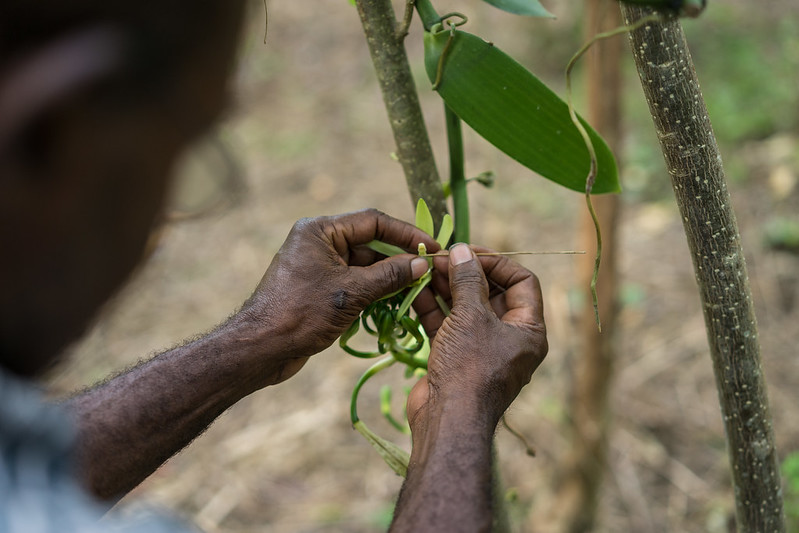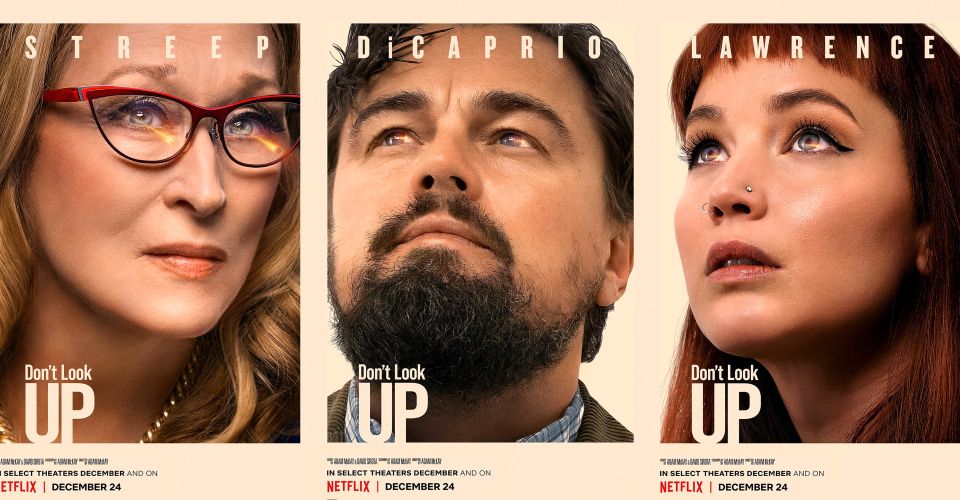We couldn’t help but notice that biotech has a role in everything—including Valentine’s Day. From the romantic meal and champagne toasts to brilliant bouquets, biotechnology is helping protect all the traditions we love. To help make this locked down Valentine’s Day extra special, we pulled together a special but simple menu that will make you look great and will surely have your significant other—or friend—swooning. And of course, we’ll be pointing out how biotech plays a role in bringing these dishes to our tables.
Appetizer Course: Creamy Prosciutto Cracker
Did you know that celiac disease affects about 1% of the world’s population? And there are many others who have gluten sensitivities. Researchers at Clemson University are gene editing wheat to “reduce the gluten content of wheat to make it more edible for people with celiac disease and gluten sensitivities.”
By editing the genome of wheat to silence the allergy triggers, a massive group of people can gain access to explicitly wheat products and products that were made in the same processing facilities as wheat.
Entrée Course: Cuban Picadillo
You have likely heard of the Impossible Burger which is a vegan patty that “bleeds” like traditional ground beef. What a lot of people don’t know is that the reason the patty is able to “bleed” is because ofa GMO. Genetic engineering allows the company to sustainably produce heme, which is a compound that is part of blood and gives a burger that juicy goodness.
Impossible also uses GMO soy grown in the U.S. because as they explained to Vox, it is better for the environment than importing non-GMO soy. Impossible proudly defends their choice to use GMOs and makes efforts to educate consumers about the importance of GMOs.
Dessert Course: Homemade Chocolate Bars
Dangerous plant diseases could wipe out chocolate and the thousands of jobs worldwide the industry provides. Innovative breeding methods like gene editing could help stave off this crisis and keep cacao trees safe from pending threats.
"In West Africa, severe outbreaks of fungal diseases can destroy all cacao fruit on a single farm," Andrew Fister, a postdoctoral scholar in plant science at Pennsylvania State University said. He and his colleagues at Penn State used gene editing to develop a new variety of cacao that is resistant to certain diseases.
Armed with this perfect menu and insight on biotech’s role in bringing it all to you, the meal and the conversation for this pandemic Valentine’s day will be amazing. Enjoy!




.jpg?itok=5epg0qxZ)


.jpg)











.png)


